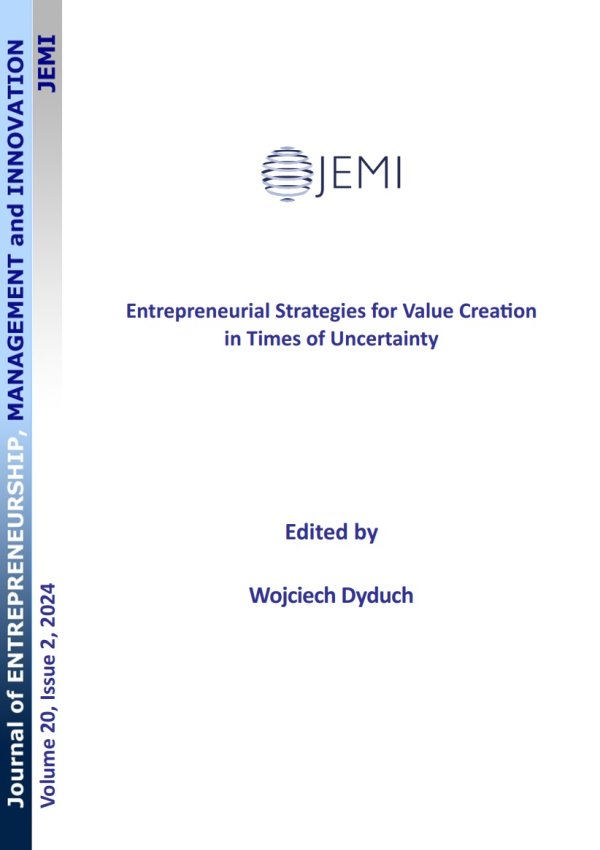Anna Wasiluk, Ph.D., Assistant Professor, Bialystok University of Technology, Faculty of Engineering Management, Tarasiuka 2, 16-001 Kleosin/Białystok, Poland, e-mail: This email address is being protected from spambots. You need JavaScript enabled to view it. 
Fahime Sadat Saadatyar, Ph.D., Postdoctoral researcher at Tehran University, Management Faculty 16th Azar St., Enghelab Sq., Tehran, Iran, e-mail: This email address is being protected from spambots. You need JavaScript enabled to view it. 
Abstract
Bearing in mind the important role of trust in the creation and development of networks, including clusters, the main purpose of the paper was to assess the level of trust of the surveyed enterprises to competitors and cooperators, as well as to identify factors, which have an impact on the trust level. The text presents the results of the research collected in 317 Polish enterprises operating in four industries: construction, food, metal, and machinery, as well as wood and furniture. The basic method of data collection was a survey. The respondents in the study were only representatives of the management or owners of enterprises qualified for the study, possessing knowledge about inter-organizational cooperation, the so-called key informants. The results presented in the text indicated low trust among both competitive and cooperating enterprises. The presented results do not inspire optimism in the scope of possibilities of creating and developing other network connections beside clusters. The deficit of Polish enterprises in terms of trust in other companies that are not even their competitors will limit not only their ability to establish cooperation with domestic but also foreign companies. The considerations carried out in the text contribute to better recognition of inter-organizational trust issues in the context of networking, including clusters. Still, they are not free from certain restrictions, which result, in particular, from the methodological approach used and, primarily, from the inability to generalize the results. Therefore, an additional direction of further scientific research may be to undertake replication studies carried out on a representative sample. Interesting research topics also include conducting similar research not only in Poland but also in other countries, both similar and completely different from Poland. They would allow a better recognition and understanding of the impact of culture and context on building trust. It may also be interesting to identify universal contextual factors affecting trust and their impact on changes in the meaning and intensity of trust.
Keywords: inter-organizational trust, social proximity, networks, business cluster






